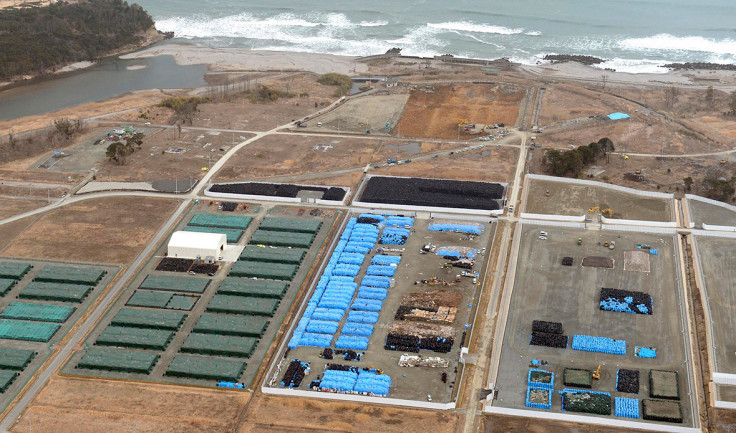Fukushima nuclear disaster: Japan lifts evacuation order on Naraha but residents reluctant to return

Naraha has become the first among seven municipalities in the Fukushima Prefecture, to have its evacuation order lifted by the government, after Tokyo Electric Power Co's Fukushima nuclear power plant meltdown in 2011.
Despite the lifting of the evacuation order on Saturday (5 September), only 10% of the around 7,400 residents plan to return home, the Yomiuri Shimbun reports. There are still several issues that have yet to be resolved, ranging from schools, healthcare and shops.
The prefecture government plans to open a clinic but this is only expected to happen in February, the newspaper said, adding that a private clinic is set to resume operations next month.
"What do we do in case of emergency?" asked Miyuki Sato, 50, who runs an cafe in Naraha's temporary shopping district. "I want the municipality to take some sort of steps just in case."
There are only two convenience stores and one supermarket, which is a problem for those who do not drive.
"I can only go shopping when my husband drives me, " said 72-year-old Misako Miyajima, who returned to Naraha with her husband and son.
For young families, schools are an issue. Prior to the nuclear disaster, there were two primary schools and one middle school. Following the evacuation order, all the evacuated children are studying at a temporary school building in Iwaki.
The Naraha municipality plans to reopen the three schools only in April 2017 as residents are still hesitant to return.
And although the municipality is monitoring the drinking water around the clock, former residents are still concerned about the safety of the water.
Yumi Moue, a 34-year-old housewife and her two children, continue to stay in temporary accommodations in Iwaki and are now spending weekends at their old home in Naraha.
"My children are happy because they're back to our house in Naraha, where they have their own rooms," she said but she is reluctant to return permanently because of concerns over drinking water.
"As my children are still small, I'm still worried about letting them drink tap water," she said.
© Copyright IBTimes 2024. All rights reserved.






